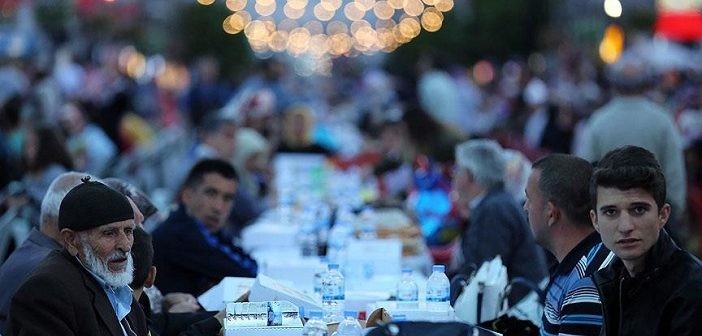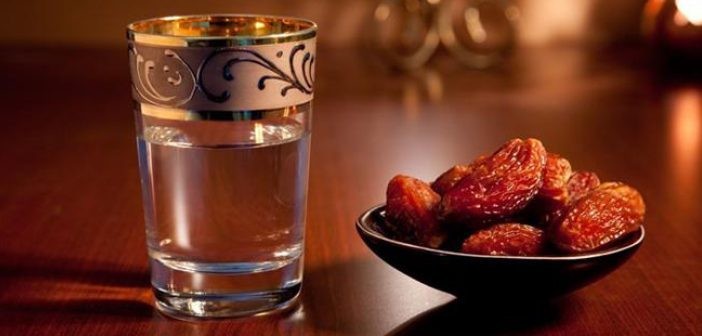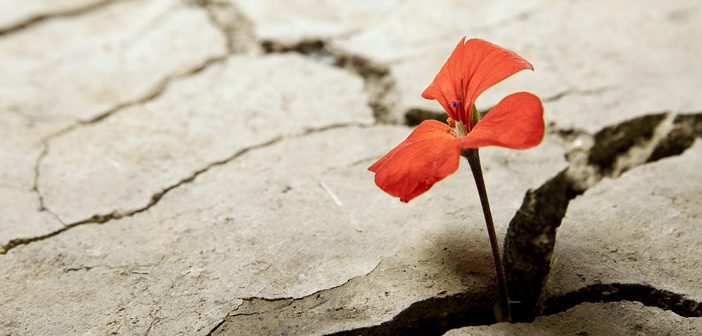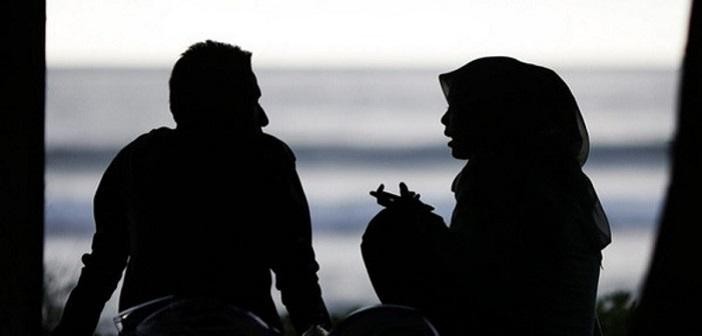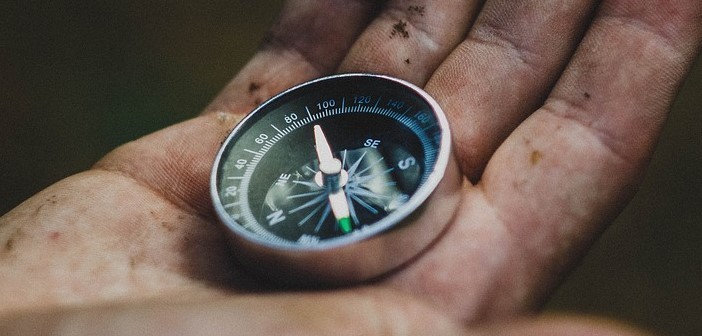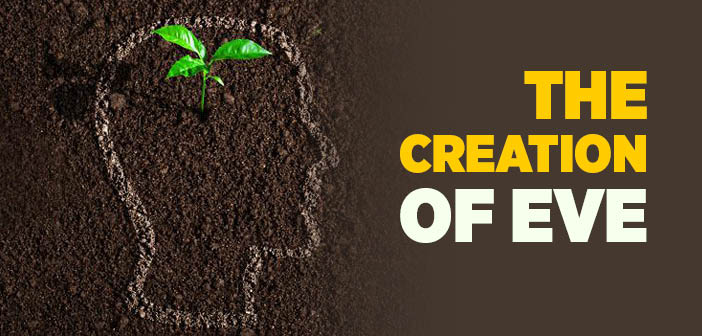
The Creation of Eve
What is the islam creation story?
Right after Adam (as), the mother of mankind, Eve was created. The Qur’an states:
“O mankind, fear your Lord, who created you from one soul and created from it its mate and dispersed from both of them many men and women.” (Al-Nisa, 4: 1)
“It is He who created you from one soul and created from it its mate that he might dwell in security with her.” (Al-Araf, 7: 189)
As we have mentioned before, there was a time when there was only Allah. He wanted to be known and as a result, the cosmos or the world of multiplicity came to be. Allah wanted to be known because of His love. If it was not for love, nothing would have been created. Love is the reason why every single being has come into existence. Specifically, it is the love Allah felt for the Prophet Muhammed (saw), as is evidenced by a hadith qudsi.[1]
The love released by Allah is of a nature that must return to Him. It is necessarily inclined to return to its origin. However, it needed a carrier; and that is the reason why Adam (as) was created. He marks the beginning of the journey of love back home. Because man carries love, he also feels the same need to return the love he is given.
Oneness is reserved to Allah alone. Thus, every single species was created in pairs with a mutual attraction towards one another. The entire cosmos follows this law. From plants and animals to man and matter, including the electrons and protons that we cannot see with the naked eye, everything comes in pairs. In fact, the Qur’an says:
“And of all things We created two mates…perhaps you will remember.” (Al-Dhariyat, 51: 49)
This is also necessary for existence, in the most general sense, to return to its origin, which is, Allah. The return from the world of multiplicity to that of unity is a course that existence naturally and necessarily follows. The attraction felt between opposite pairs within the same species acts as a bridge for that return. Allah has also made that attraction a means for species to continue.
There is another aspect related to that. Man is in exile in that he is distant from Allah. A life in exile brings with it loneliness, despair and sorrow, where man feels the need to be consoled. The proverbial saying that ‘Only Allah can be alone’ has good reason. Everybody else needs care and comfort. Man is born with these needs. Despite abounding in all the beauties of paradise, even Adam (as) felt the need for a companion of his own kind. Since then, women have been bridges for men to reach Allah through love; and the same goes for men in relation to women. The love for Layla only has meaning if in the end it takes man to love for Mawla or Allah. Otherwise, Layla becomes an idol that leads man astray in the trial of life. Layla is a symbol. It is not always necessarily a woman. It can be wealth, rank or anything else the ego lusts after that takes him away from Allah. In that case, desire and through it the ego, become gods.
So, due to a number of underlying wisdoms, Allah wished for Adam (as) to have a partner of his own kind in whom he could find solace and comfort. He created Eve from Adam’s (as) lower left rib.
Ibn Abbas and Ibn Masud (r.anhum) narrate from the Prophet (saw) that Adam (as) was made to settle in Paradise after Satan was expelled. For a while, Adam (as) walked around feeling lonely, despite everything he had at his disposal. So he asked Allah for a partner. He woke up one day to find another person by his side.
“Who are you?” he asked.
“I am a woman”, she said. “Allah made me so you could find rest and peace in me”.
Eve’s name is originally Hawwa, which means alive. She was given that name because she was created from another living being, Adam (as). (Al-Tabari, Tarikh, I, 103-104)
The Prophet (saw) says:
“Treat women kindly, for they have been created from the rib. If you try to straighten them, they will fracture. However, if you leave them to be, they will remain bent. So treat women kindly.” (Al-Bukhari, Anbiya, 1)
Women are emotionally a lot richer than men are. When describing how the baby is created in the womb, the Qur’an informs us that the fluid that the father contributes, comes from around his sulb or backbone, while the mother contributes from her taraib, from between her breastbone near her heart, which is the center of emotions.[2] This comes from the role that Allah has given to women, which is to protect and educate her children. Women must therefore be treated nicely. The father cannot look after a baby like a mother can. He cannot change nappies as well as her or deprive himself of sleep as willingly to look after the baby. A mother can sacrifice herself for her children without blinking an eye but a father must think twice. A mother constantly dotes over her child, feels the child’s pain and joy in her bones. She carries the child for nine months in her belly, two years in her arms and for the rest of her life, in her heart. She cannot eat unless her child does. If her child breaks down in tears, so does she. It is therefore impossible for a child to pay her back.
After creating our mother Eve, Allah the Almighty said:
“O Adam, dwell, you and your wife, in Paradise and eat from wherever you will but do not approach this tree, lest you be among the wrongdoers.” (Al-Araf, 7: 19)
And the trial of human beings began.
[1]. The relevant hadith can be found under the below discussion on ‘The Pardoning of Adam (as) and Eve’.
[2]. See, al-Tariq, 86: 6-7.
Source: The History of Prophets in Light of The Qur’an, THE CHAIN OF PROPHETS, Osman Nuri TOPBAŞ, Erkam Publications
Hz. Adam





